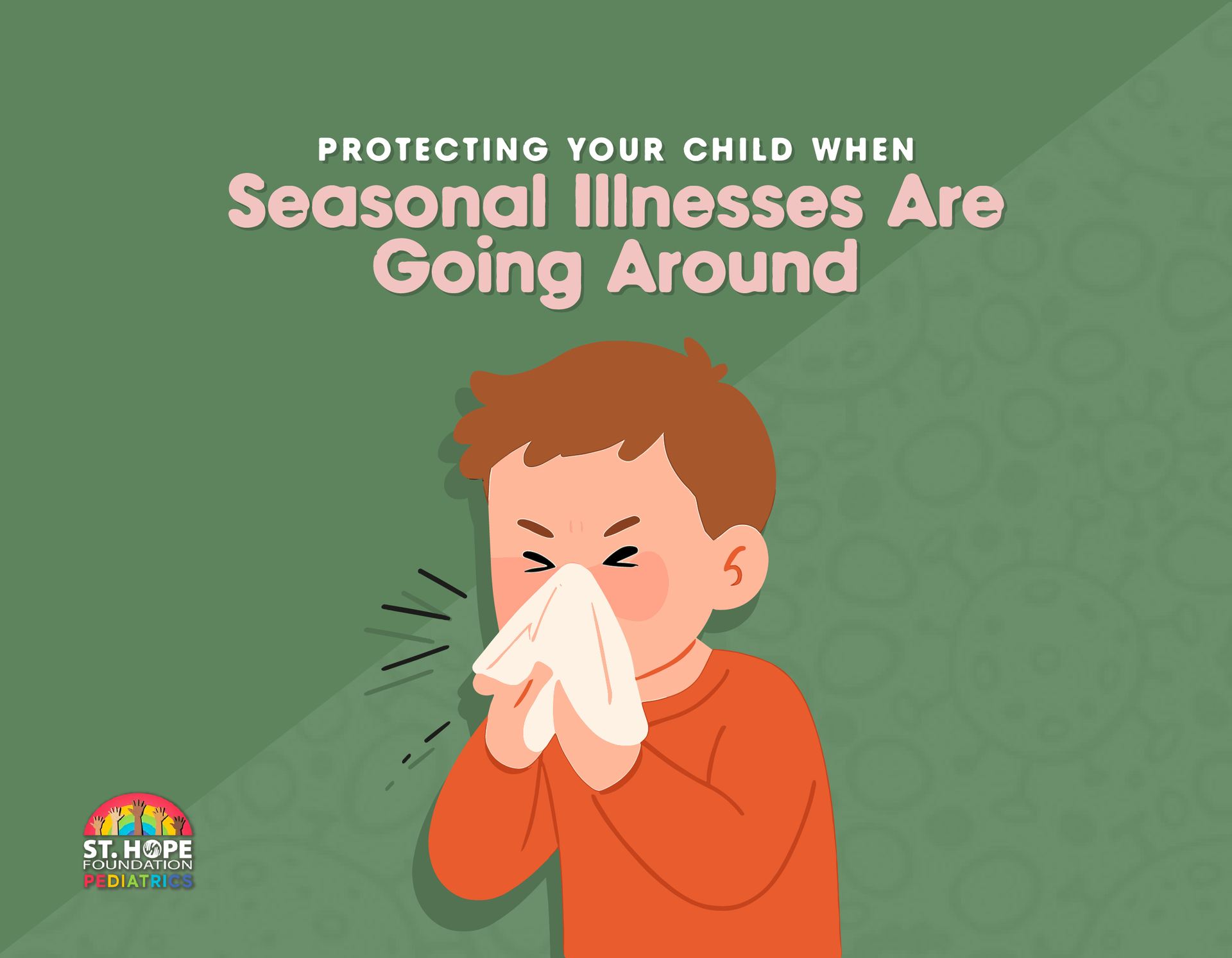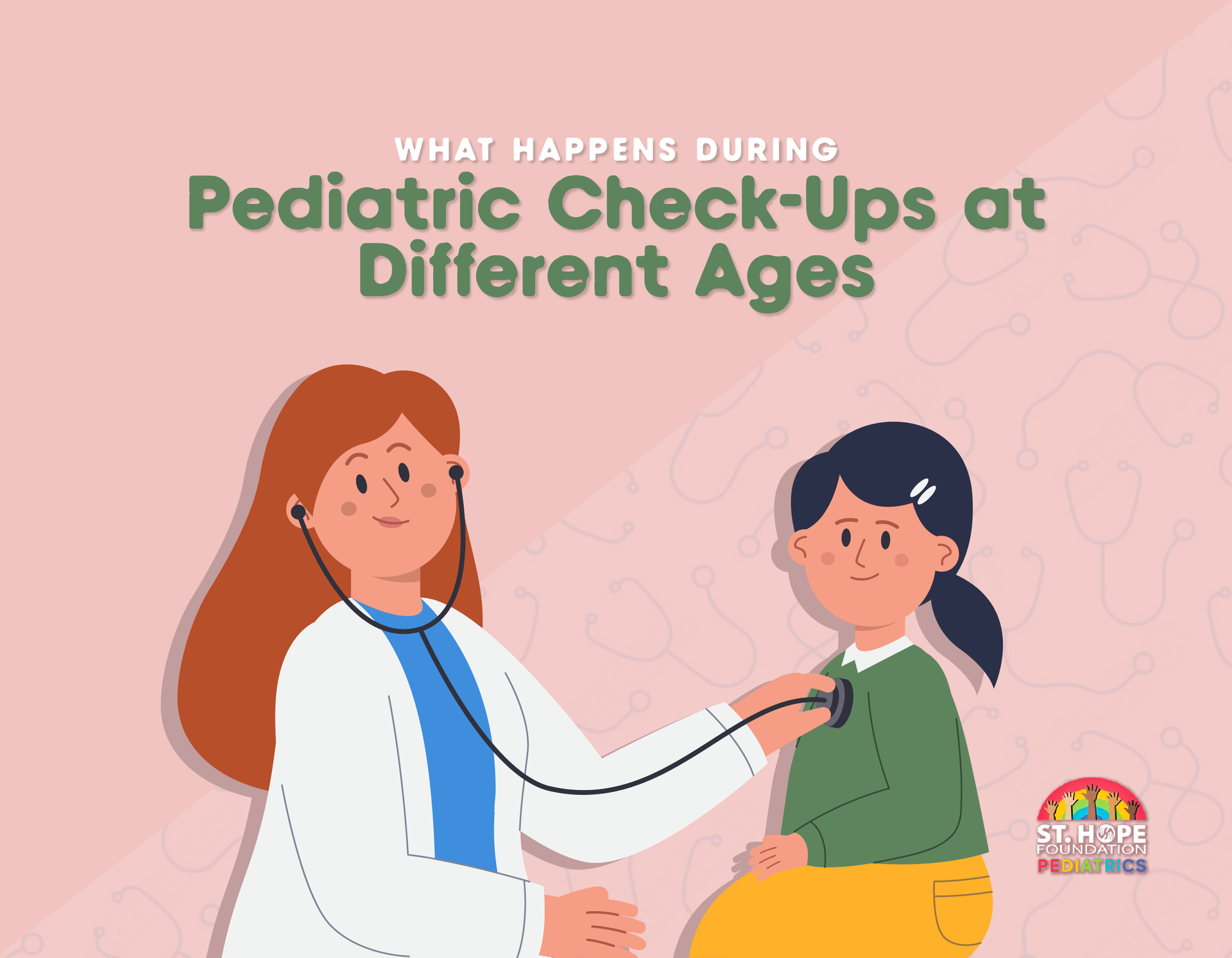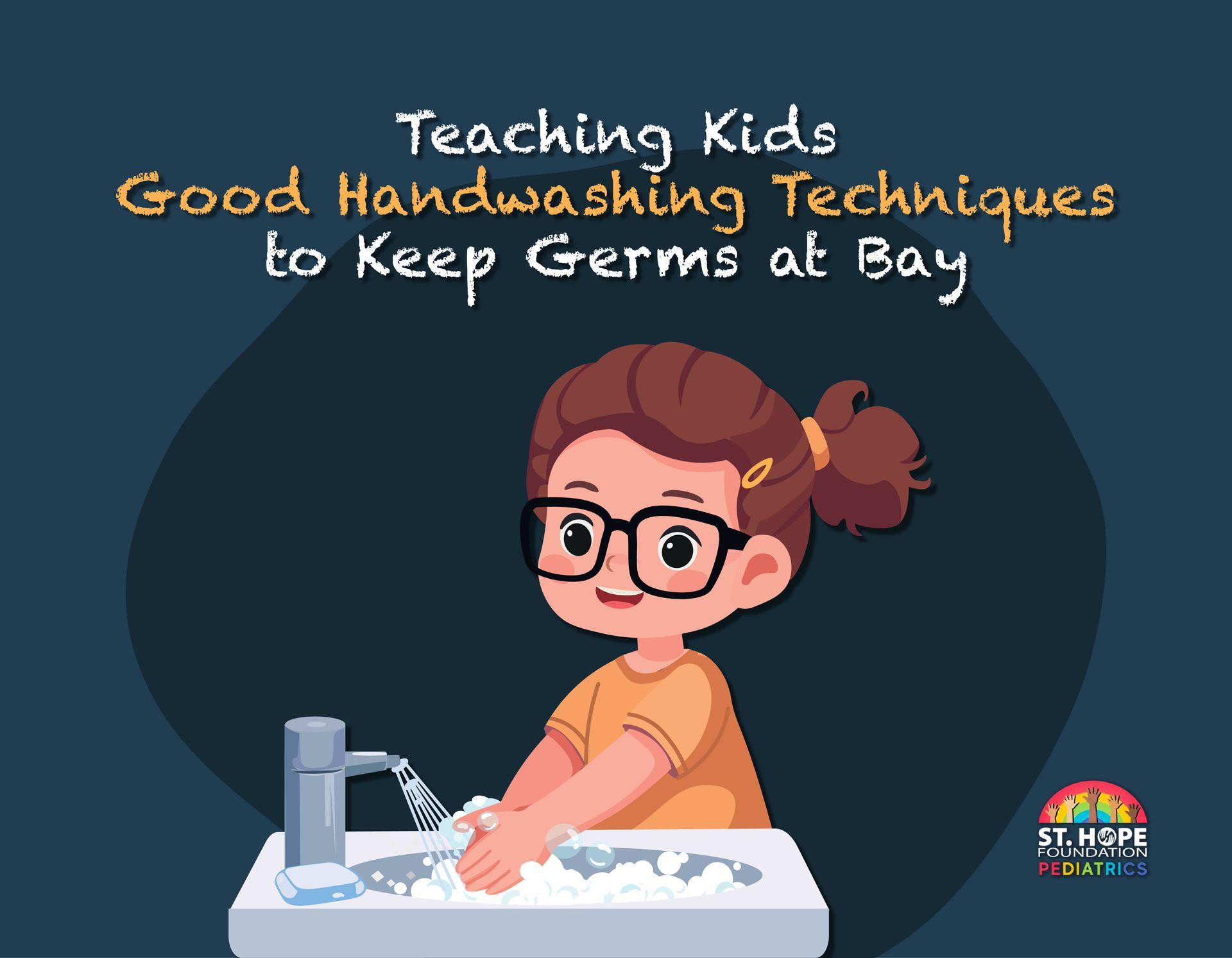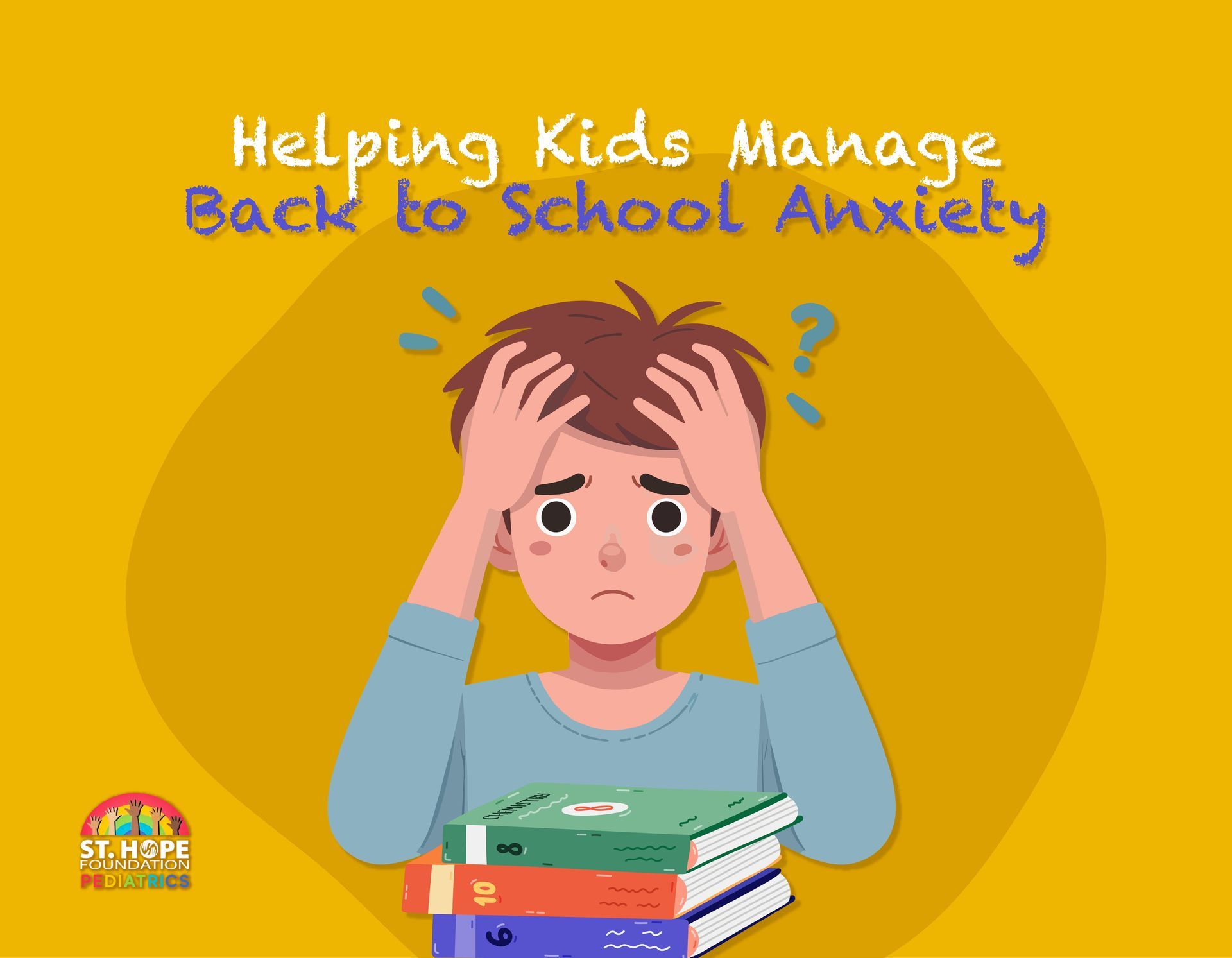
One of the primary responsibilities of parents is making sure that infants receive the nutrition they need to thrive. With that said, infant feeding can be overwhelming, especially for first-time parents.
From breastfeeding and formula feeding to introducing solid foods, there's a lot to consider about what you should and should not feed your infant and the optimal ways to conduct feeding for continuing health and growth.
Breastfeeding
Breastfeeding is often considered the gold standard of infant nutrition and provides numerous benefits for both baby and mother. Breast milk is uniquely tailored to meet your baby's nutritional needs and contains essential antibodies that help protect against infections and diseases. Some of the reasons breastfeeding is still recommended, if the mother and baby are capable, include:
- Nutritional Benefits:
Breast milk provides the perfect balance of nutrients, including protein, fat, carbohydrates, vitamins and minerals, that are essential for your baby's growth and development.
- Immunological Protection: Breast milk contains antibodies and immune cells that help protect your baby from illnesses, such as respiratory infections, ear infections and gastrointestinal infections.
- Bonding and Emotional Connection: Breastfeeding fosters a strong emotional bond between mother and baby, promoting feelings of security, comfort and attachment.
- Convenience and Cost-Effectiveness: Breast milk is readily available, always at the right temperature and requires no preparation, making it convenient for on-the-go feeding. Breastfeeding can also save money compared to the cost of formula feeding.
Formula Feeding
While breastfeeding is recommended whenever possible, formula feeding is a safe and viable alternative for infants who are unable to breastfeed or when breastfeeding is not an option for mothers. Infant formula is specially formulated to mimic the composition of breast milk and provide key nutrients for your baby's growth and development. Some benefits of formula feeding include:
- Nutritional Adequacy: Infant formula is carefully designed to provide the necessary nutrients for your baby's optimal growth and development, including protein, carbohydrates, fats, vitamins and minerals.
- Accessibility: Infant formula is readily available in various forms, including ready-to-feed liquid, concentrated liquid and powdered form, making it accessible to parents who cannot breastfeed.
- Flexibility: Formula feeding allows for greater flexibility and convenience, as anyone can feed the baby and feeding can be easily managed when returning to work or school.
- Specialized Formulas: There are specialized formulas available to address specific dietary needs or medical conditions, such as hypoallergenic formulas for babies with food allergies or reflux.
Introduction of Solid Foods
Around six months of age, your baby will be ready to start exploring solid foods in addition to breast milk or formula. The introduction of solid foods marks an exciting milestone in your baby's development, but it's important to approach it with care. There are commonly recommended strategies to help ease the gradual transition to solid foods:
- Signs of Readiness: Look for signs of readiness, such as sitting up with support, showing interest in food and being able to hold their head steady. These signs indicate that your baby's digestive system is mature enough to handle solid foods.
- Start with Single Ingredients: Begin with single-ingredient, pureed foods such as rice cereal, oatmeal, sweet potato, squash or pureed fruits and vegetables. This allows you to identify any potential food allergies or intolerances and introduce new foods gradually.
- Introduce Allergenic Foods Carefully:
Introduce common allergenic foods, such as peanuts, tree nuts, eggs, dairy, soy, wheat, fish and shellfish, one at a time and in small quantities. Watch for signs of allergic reactions, such as hives, swelling, vomiting or difficulty breathing.
- Texture Progression: As your baby becomes more comfortable with eating solid foods, gradually increase the texture and variety of foods offered. Introduce mashed or chopped foods and eventually transition to finger foods that your baby can feed themselves.
What Not to Feed Your Infant
While it's important to introduce nutritious foods to your baby's diet, there are certain foods that should be avoided during the first year of life to reduce the risk of choking, potentially dangerous allergic reactions and digestive issues:
- Honey: Honey can contain bacteria that can cause infant botulism, a rare but serious illness. Avoid giving honey to infants younger than one year of age.
- Cow's Milk:
Cow's milk is not recommended as a primary drink for infants under one year of age. It lacks essential nutrients and may cause digestive issues or allergic reactions.
- Choking Hazards: Avoid feeding small, hard foods that pose a choking hazard, such as whole grapes, nuts, popcorn, raw vegetables, hot dogs, chunks of meat and hard candies.
- Added Sugars and Salt: Avoid adding sugars, syrups, honey or salt to your baby's foods. Babies have sensitive taste buds and don't need added sugars or salt in their diet.
- Allergenic Foods: Introduce common allergenic foods one at a time and watch for signs of allergic reactions. If you have a family history of food allergies, consult with your pediatrician before introducing allergenic foods.
Expand Your Baby’s Diet Safely with the Help of St. Hope Pediatrics in Houston, TX
At St. Hope Pediatrics in Houston, TX, we're committed to providing comprehensive pediatric care for your little one, from infancy through adolescence. Our team of experienced pediatricians are here to answer your questions, address your concerns and support you every step of the way.
Schedule an appointment at St. Hope Pediatrics here on our website or by giving us a call at (713) 778-1300.













